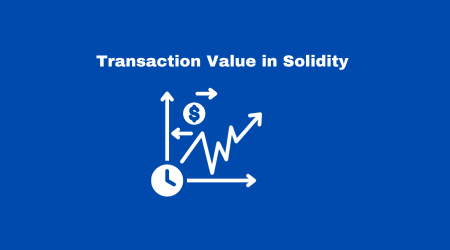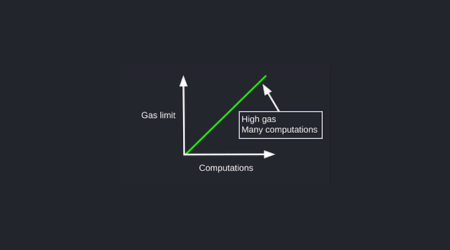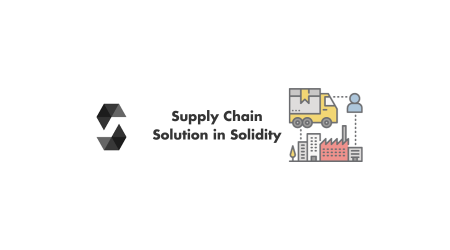Do you want to deepen your understanding of when transaction value is added to a smart contract in Solidity?
In this article, we will explore the intricacies of transaction value and how it is transferred to smart contracts. By delving into the role of gas and the factors influencing transaction value, you will gain valuable insights into managing transaction value effectively.
Get ready to enhance your expertise and experience as we uncover the best practices for handling transaction value in smart contracts.
1. Key Takeaways
- Transaction value in Solidity refers to the amount of cryptocurrency sent with a transaction.
- The contract code specifies the distribution of transaction value within the contract.
- Gas consumption determines the transaction value of a smart contract.
- Factors such as gas consumption, code complexity, and network congestion influence the transaction value.
2. Overview of Transaction Value in Solidity
The transaction value in Solidity refers to the amount of cryptocurrency sent with a transaction. It is important to understand the limitations of transaction value in Solidity, as it can impact contract security.
When the transaction value exceeds the limit set by Solidity, it can result in unexpected behavior or even vulnerabilities in the smart contract.
Now let’s explore how this transaction value is transferred to smart contracts.
3. How Transaction Value Is Transferred to Smart Contracts
When you interact with a smart contract, your transaction value is transferred to the contract. This transaction value distribution plays a crucial role in the execution of the contract.
Here are three key points to understand about how transaction value is transferred to smart contracts:
- The transaction value is usually in the form of cryptocurrency, such as Ether.
- The contract code specifies how the transaction value is distributed within the contract.
- The distribution of the transaction value can have an impact on the execution and outcome of the contract.
Understanding the process of transaction value distribution is essential in comprehending the overall functioning of smart contracts. It sets the stage for exploring the role of gas in transaction value, as we delve deeper into the intricate workings of smart contracts.
4. Exploring the Role of Gas in Transaction Value
Exploring the role of gas in transaction value is crucial to understanding the intricate workings of smart contracts. Gas consumption plays a significant role in determining the transaction value of a smart contract.
Gas represents the computational effort required to execute a transaction on the Ethereum network.
It is used to measure the cost of executing code and is directly related to the fees incurred. Gas fee estimation is important in ensuring that the transaction value accurately reflects the resources consumed.
Understanding gas and its impact on transaction value is a critical aspect of working with smart contracts in solidity.
This understanding of gas and its influence on transaction value sets the stage for delving into the factors that can further influence the value in solidity.
5. Factors Influencing Transaction Value in Solidity
To fully grasp the factors that can influence transaction value in Solidity, you need to consider various elements. These include gas consumption, code complexity, and network congestion.
Gas consumption plays a crucial role in transaction value calculation. It determines the cost of executing the smart contract.
Additionally, the complexity of the code can impact the transaction value. More complex code requires more gas.
Lastly, network congestion can affect transaction value by increasing the gas fees.
Understanding these factors is essential for optimizing transaction value in smart contracts.
Now, let’s explore the best practices for managing transaction value in smart contracts.
6. Best Practices for Managing Transaction Value in Smart Contracts
If you want to optimize the management of transaction value in your smart contracts, consider implementing gas optimization techniques and monitoring network congestion.
Gas optimization techniques involve using efficient code and minimizing the number of computational steps required in your contract.
Monitoring network congestion allows you to choose the optimal time to execute your transactions, ensuring faster processing and lower fees.
Additionally, it is crucial to consider security considerations such as secure storage of transaction value and implementing proper access controls to prevent unauthorized access or manipulation.




